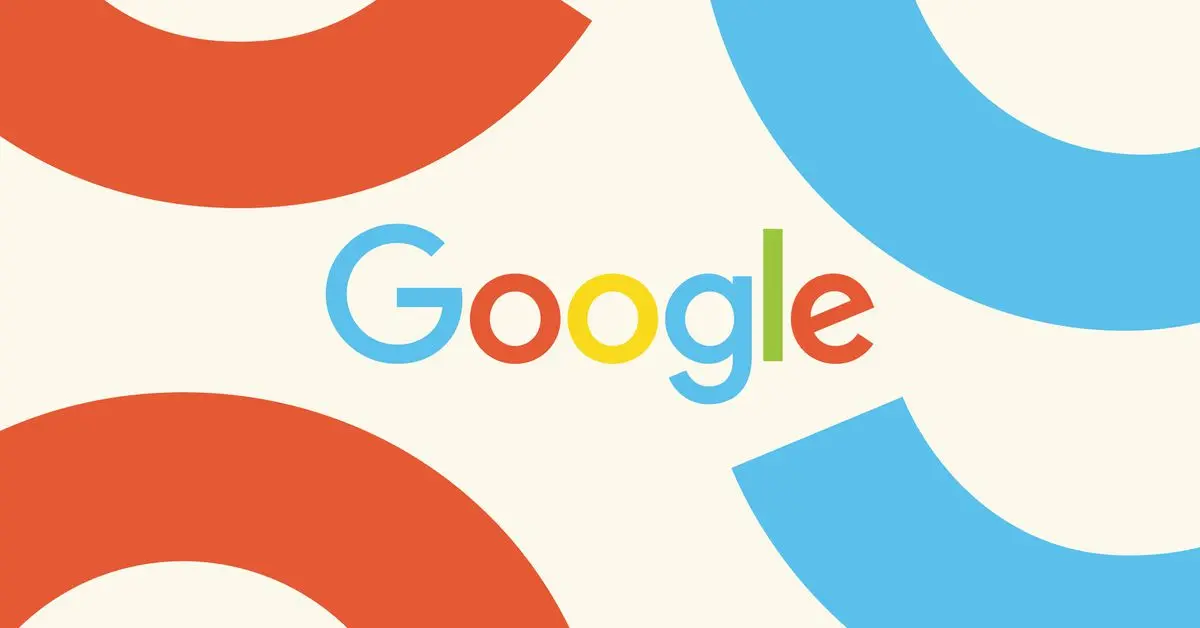- cross-posted to:
- becomeme@sh.itjust.works
- cross-posted to:
- becomeme@sh.itjust.works
the leaked documents make note of several types of clicks users make and indicate they feed into ranking pages in search.
So we’ve confirmed that all the pop-ups, special offers, cookie prompts, “what’s new” overlays, and slideshows are probably pushing sites up to the top of search. Google has been pouring gas on the fire of things that annoy people about the open web.
Your conclusion isn’t really backed up by the article or linked articles from that article. Most of those types of clicks you listed are likely going into “bad clicks” or other unknown categories in Navboost.
“Journalists and publishers of information about SEO and Google Search need to stop uncritically repeating Google’s public statements, and take a much harsher, more adversarial view of the search giant’s representatives,” Fishkin says. “When publications repeat Google’s claims as though they are fact, they’re helping Google spin a story that’s only useful to the company and not to practitioners, users, or the public.”
Yes.
How Google ranks content is a black box: websites depend on search traffic to survive, and many will go to great lengths — and great expense — to beat out the competition and rise to the top of results. Better ranking means more website visits, which means more money. As a result, website operators hang on to every word Google publishes and each social media post by employees working on search. Their word is taken as gospel, which, in turn, trickles down to everyone using Google to find things.
This is the problem, and also why all centralized search engines will be tempted to go down the route of Google.
What is the solution? Maybe a decentralized open source index. But those exists and are not as good as Kagi. It seems there will always be a need for companies to pay skilled employees to create a good search experience. Just having the index is not enough.
This is the best summary I could come up with:
Perhaps the most notable revelation from the 2,500 documents is that they suggest Google representatives have misled the public in the past when discussing how the biggest gatekeeper of the internet assesses and ranks content for its search engine.
Testimony from the antitrust suit by the US Department of Justice previously revealed a ranking factor called Navboost that uses searchers’ clicks to elevate content in search.
“We would caution against making inaccurate assumptions about Search based on out-of-context, outdated, or incomplete information,” Google spokesperson Davis Thompson told The Verge in an email on Wednesday.
But the repeated denials, carefully worded company responses, and industry publications that unquestioningly carry these claims have made it a contentious topic of debate among SEO marketers.
Fishkin interprets it as meaning Google “uses the number of clicks on pages in Chrome browsers and uses that to determine the most popular/important URLs on a site, which go into the calculation of which to include in the sitelinks feature.”
A lot of SEO is throwing things against the wall to see what sticks, and publishers, e-commerce companies, and businesses will likely design various experiments to try to test some of what’s suggested in the documents.
The original article contains 953 words, the summary contains 196 words. Saved 79%. I’m a bot and I’m open source!






